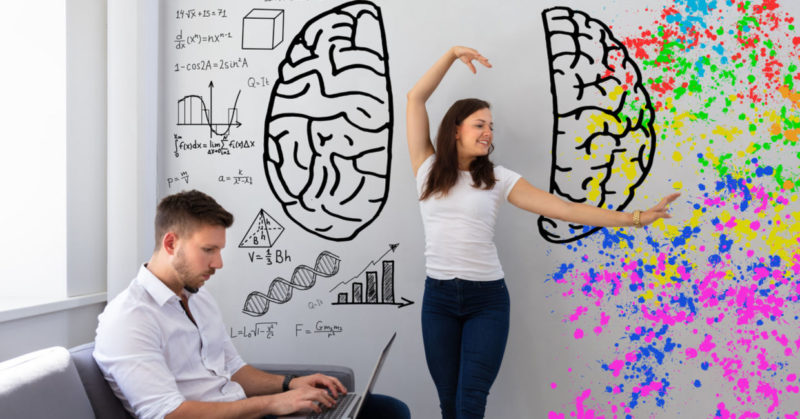Puzzle games have long been acknowledged as a form of entertainment that has several advantages. These activities, which range from Sudoku and crosswords to jigsaw puzzles and brain teasers, stimulate your thinking ability. This blog discusses how puzzles can benefit your thinking skills.
Puzzle games primarily improve analytical thinking and problem-solving abilities. People are presented with problems when they play puzzles that demand analysis, deduction, and logical reasoning. They must plan, decide, and come up with original answers to overcome hurdles. Players improve their capacity to think critically, weigh options, and make wise decisions in real-life circumstances by regularly engaging in such mental workouts. These problem-solving abilities can be used in various contexts, such as the workplace, the classroom, and daily decision-making.
Puzzles for free games also enhance memory abilities. Players must remember information and be able to retrieve it when necessary to complete several puzzles, including memory games and matching exercises. The continual practice of memory retrieval improves problem-solving and boost thinking skills. Additionally, solving puzzles frequently requires pattern identification, spatial thinking, and attention to detail—all of which help to maintain and build reasoning talents. Playing puzzle games frequently helps prevent age-related memory decline and enhances general mental health.
Puzzle games not only enhance emotional health. Playing puzzles is a soothing and stress-relieving hobby. People frequently go into a state of concentration and flow while working on a puzzle, losing track of time and worries. This contemplative quality enables the mind to recuperate and replenish itself, lowering stress levels and enhancing mood. Additionally, solving a puzzle successfully gives one a sense of accomplishment and enhances self-confidence, which can benefit self-esteem and drive.
Puzzle games have a reputation for fostering teamwork and social connection. Many puzzles for free enable players to cooperate to achieve a common objective, such as cooperative board games or online multiplayer puzzles. This encourages cooperation, teamwork, and communication, all of which are critical social skills. Players’ connections and sense of camaraderie can improve due to cooperative puzzle-solving. Additionally, solving puzzles can encourage friendly competition and foster good sportsmanship.
In addition, it has been discovered that puzzle games activate the brain’s reward system. People who solve puzzles for free frequently experience satisfaction and joy after solving the puzzle. Dopamine, a neurotransmitter linked to motivation and pleasure, is released in response to this reward. Stimulating the brain’s reward system stimulates people to seek out similar mental difficulties in the future, fostering lifelong learning and intellectual curiosity and reinforcing their enjoyment of puzzle games.
Finally, puzzle games have real-world uses in education and career advancement. Many educational institutions and training programs include puzzle-solving activities to improve learning results. Puzzles can be used to teach a variety of topics, including language, math, and problem-solving strategies. They offer a practical and interesting method of instruction that makes difficult ideas more understandable and entertaining. In addition, puzzle games can hone important skills that a number of employers value, such as analytical thinking, attention to detail, and persistence under pressure.








